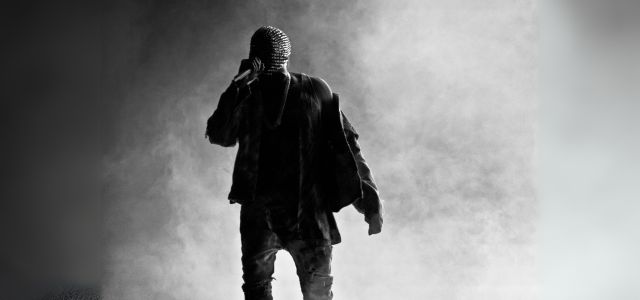Kanye West, also known as Ye, and the estate of the late disco icon Donna Summer have settled a copyright dispute. The controversy arose from West’s alleged unauthorized use of Summer’s 1977 hit “I Feel Love” in his album Vultures 1. Summer’s widower, Bruce Sudano, filed the lawsuit in February 2024, accusing West and his collaborator, Ty Dolla $ign, of using the song without proper clearance. The papers can be accessed here.
According to the lawsuit, West’s team approached Sudano on January 31, 2024, seeking permission to sample “I Feel Love.” The request was promptly denied because the estate wanted to avoid any association with West’s contentious public persona. Despite this explicit refusal, the lawsuit claimed that West proceeded to use the song, leading to legal action from Summer’s estate.
Summer, who passed away from lung cancer in 2012, was a trailblazer in electronic dance music. Her song “I Feel Love,” co-written with Giorgio Moroder and Pete Bellotte, remains a cornerstone of the genre. Protecting her musical legacy was a primary concern for her estate, which sought damages and an injunction to stop further distribution of the infringing track.
The contested song, “Good (Don’t Die),” was swiftly removed from streaming platforms following the lawsuit. The legal complaint underscored that this issue was not merely about unpaid licensing fees but also about upholding the rights of artists to control how their work is used and ensuring it is not exploited without authorization.
On June 20, 2024, both parties announced that they had reached a settlement, resolving all claims in the lawsuit. As part of the agreement, each side agreed to bear their own legal costs. Importantly, West agreed to cease distributing or using the disputed song in the future. Larry Stein, lead counsel for Summer’s estate, confirmed that no permission had been granted for future use, stating, “We did not license the song. As part of the settlement, they have agreed not to distribute or otherwise use the song. So we got what we wanted.”
West has faced increasing scrutiny and backlash due to his controversial actions and statements. In 2022, he made antisemitic remarks on social media, prompting brands like Balenciaga, JP Morgan, Gap, and Creative Artists Agency to cut ties with him. Adidas also ended its partnership with West after allegations of offensive behavior.
This settlement highlights the importance of respecting copyright laws and the rights of artists and their estates. For Summer’s estate, the resolution ensures that her legacy remains untarnished and emphasizes the significance of maintaining control over how her music is used and presented to the public.
The case underscores the ongoing challenges artists and their representatives face in protecting their work in the digital age, where unauthorized use can occur rapidly and widely. It serves as a reminder that even high-profile figures, like West, must adhere to intellectual property laws and respect the artistic rights of others.
In conclusion, the settlement between West and Summer’s estate not only resolves the immediate issue of unauthorized sampling but also reinforces the broader principle of respecting intellectual property rights. This case demonstrates the critical role of legal frameworks and vigilant enforcement in safeguarding the legacies of artists like Summer.

Written by Bernard Dippenaar
Senior Associate, ENSafrica
You may also like…
UEFA partners with Alliance for Creativity and Entertainment to enhance global anti-piracy strategy
October 21, 2025 - The Union of European Football Associations (UEFA) has officially joined the Alliance for...
EUIPO and UANIPIO welcome the integration of Ukraine’s trademarks into TMview
The European Union Intellectual Property Office (EUIPO) and the Ukrainian National Office for Intellectual Property...
Jägermeister succeeds in opposing the EU trademark application Alten Kräuterfrau for alcoholic beverages
Mast-Jägermeister SE filed an opposition on the grounds of Article 8(1)(b) – likelihood of confusion between the signs...
Contact us to write for out Newsletter














